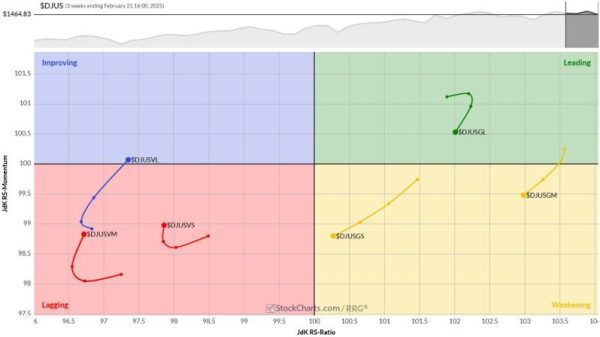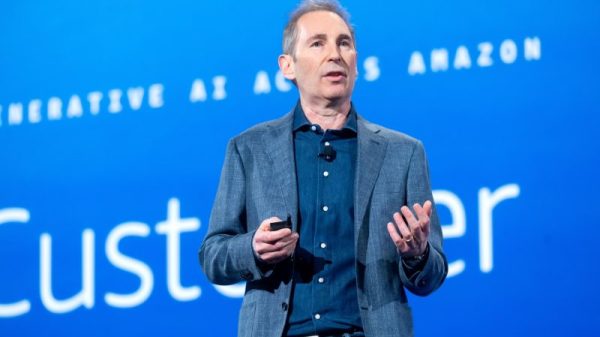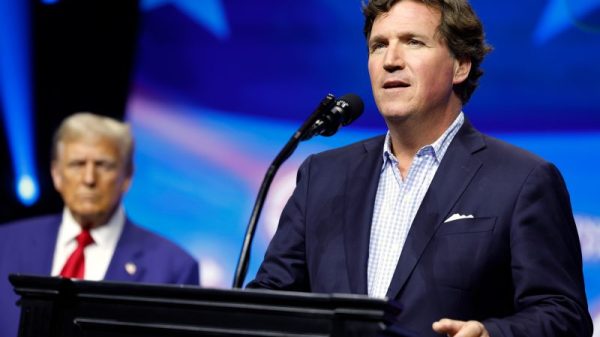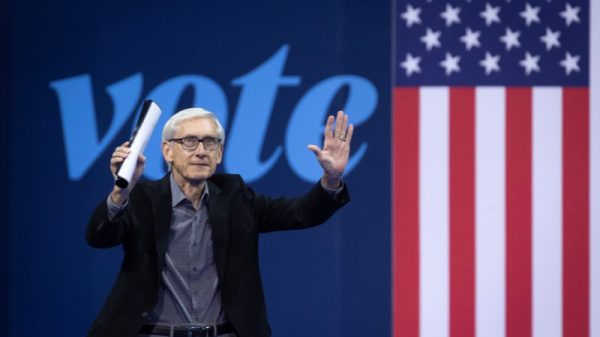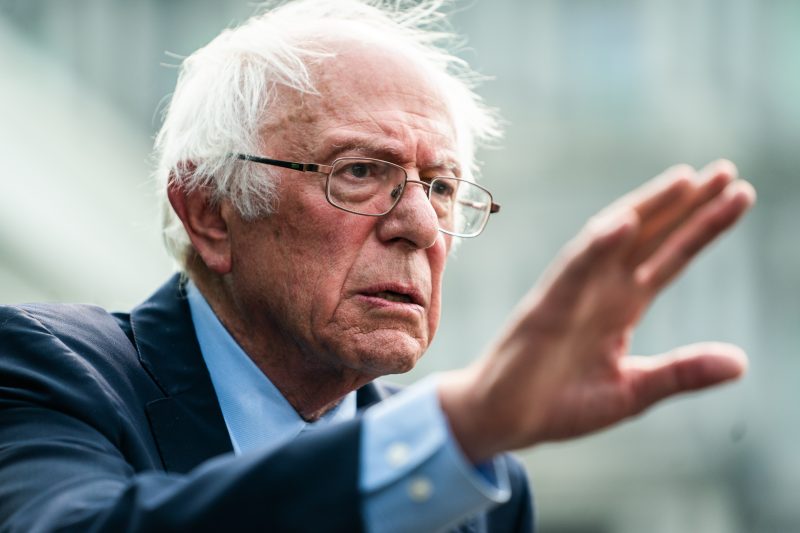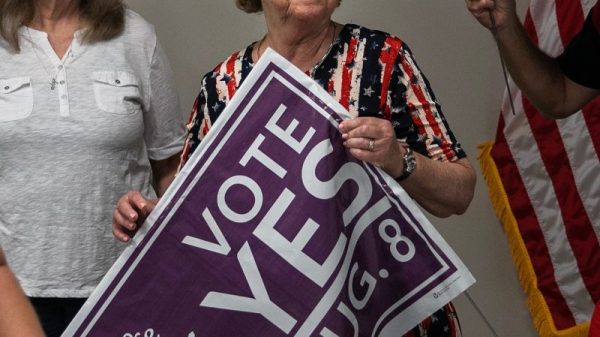Will the United States ever get health care right?
Despite the progress made under the Obama administration’s Affordable Care Act, significant health care holes remain, particularly for low-income people.
One big hole is the cost of hospitalization for people who should get charity care but don’t.
New research by the Senate Health, Education, Labor, and Pensions (HELP) Committee’s Democratic staff makes it plain: “Many nonprofit hospital systems across the country are failing to provide low-income Americans with the affordable medical care required by their nonprofit status — despite receiving billions in tax benefits and providing exorbitant compensation packages to their senior executives.”
That statement accompanies a committee report, issued last week, by panel chairman Sen. Bernie Sanders (I-Vt.). “We’re taking a hard look at why the American health care system is so broken and so dysfunctional and so expensive,” Sanders said in an interview.
This democratic socialist began the interview by quoting from a capitalist symbol that last year declared “Big Hospitals Provide Skimpy Charity Care—Despite Billions in Tax Breaks.” This is “according to the Wall Street Journal,” Sanders was quick to note. “This is not Bernie Sanders.”
His staff’s report expands the point, in anticipation of legislative action to do something about it.
“In 2020, the nation’s 2,978 nonprofit hospitals receive an estimated $28 billion in federal, state, and local tax benefits as a result of not paying those taxes—an average of $9.4 million per hospital,” the report says. That same year, however, those hospitals “spent only an estimated $16 billion on charity care.”
It is an “absurd situation,” Sanders said, for nonprofit hospitals designed to serve communities to write off less of patient revenue on financial assistance than their for-profit cousins do — 2.3 percent to 3.4 percent respectively, as the Journal reported. Nonprofits account for about 58 percent of community hospitals, according to KFF, a nonprofit organization that researches health care issues.
Committee staffers examined 16 large, nonprofit hospital systems and found “each take in more than $3 billion in revenue annually.” Twelve of them devote less than 2 percent of total income to charity care. Meanwhile, CEO compensation in fiscal 2021 for the hospitals ranged from $2.9 million to $32 million, according to the report.
Rick Pollack, president and CEO of the American Hospital Association, defended the industry, saying “it’s been proven that nonprofit hospitals more than earn their tax-exempt status by providing benefits determined to best serve each community.” The Senate report “is totally off base,” his statement added, “and does not fully account for the wide range of community benefits that hospitals provide,” including health education and housing programs. Referring to his association’s research, Pollack said “tax-exempt hospitals provided $129 billion in total benefits to their communities in 2020, despite a global pandemic. This is about $20 billion more than the prior year and 15.5% of total hospital expenses.”
Sanders, however, is not alone in his criticism.
In August, a bipartisan group of senators pushed the Internal Revenue Service to provide greater oversight of hospitals, so they do not abuse their nonprofit privileges. “We are alarmed by reports that despite their tax-exempt status, certain nonprofit hospitals may be taking advantage of this overly broad definition of ‘community benefit’ and engaging in practices that are not in the best interest of the patient,” wrote Sens. Elizabeth Warren (D-Mass.), Raphael G. Warnock (D-Ga.), Bill Cassidy (R-La.) and Charles E. Grassley (D-Iowa) in a letter to the IRS.
“Too many hospitals are nonprofit in name only,” said Emily Stewart, executive director of Community Catalyst, a health care advocacy organization. “Instead of contributing to communities, too many nonprofit hospitals overcharge for health care and then send collection agencies after families when they can’t pay the exorbitant costs … These harmful practices don’t just go against what makes sense, they also undermine the spirit of tax exempt rules established by the federal government.”
This affects people like Chauncey McGlathery, a 53-year-old Atlantean, whose 2016 treatment from a mysterious, near-fatal kidney ailment led to a $100,000 bill. That included visits from doctors he never talked to, he recalled in an interview, but “billed me just for crossing the threshold” of his hospital room.
“I never even saw them,” McGlathery added. “I never even knew they were there. And the only reason I know that they were there is because I got a bill from them.”
As he came to grips with his debt and a doctor’s prediction that he would die in the hospital, “it almost seemed to be in my best interest not to survive.”
McGlathery was between jobs at the time. His health insurance was “marginal, at best,” he said, with a low premium and high deductible policy that covered only about 10 percent of his bill. It was “quite a task,” but he did get the hospital and doctors to waive most of the fees. Yet, the charges remain on his credit report, meaning “I haven’t been able to buy a home.”
Sanders is planning legislation to boost charity care, though he hasn’t written a bill yet. The report, however, does outline what it could cover, including setting a minimum amount of financial aid nonprofit hospitals must provide to needy patients, limiting tax breaks to the value of community benefits and establishing “clear, enforceable standards for nonprofit hospital financial assistance programs.”
“Even without congressional action,” the report added, “the IRS could address the administrative gaps that allow nonprofit hospitals to benefit off of the people they are failing to help.”
His Senate colleagues agree action is needed.
“These practices — along with lax federal oversight,” their letter said, “have allowed some nonprofit hospitals to avoid providing essential care in the community for those who need it most.”






